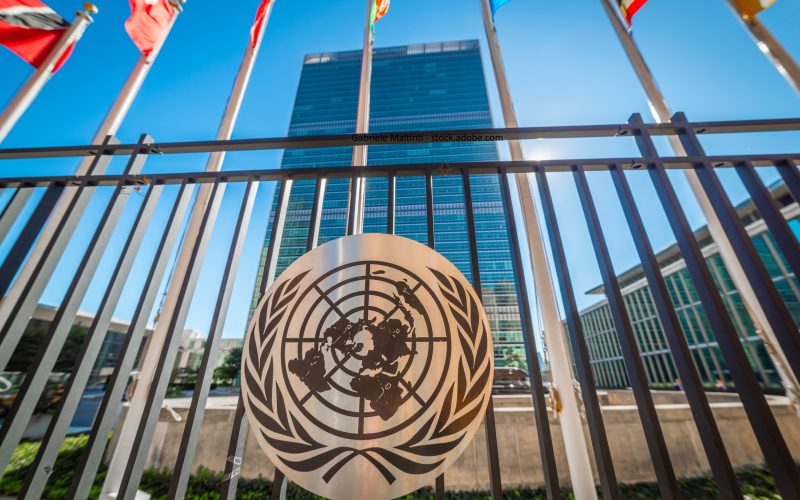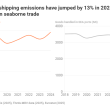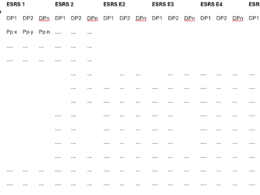A new global resource has been launched to help organisations align their climate reporting under the Global Reporting Initiative (GRI) Standards with the United Nations’ official guidance on setting credible climate commitments, targets and transition plans.
The Integrity Matters Checklist provides a practical framework for non-state actors – including businesses and investors – to report on their climate action in line with science-based net zero pathways. It outlines how organisations should disclose efforts to reduce greenhouse gas emissions, implement transition plans, and phase down investment in fossil fuels.
Based on UN expert group recommendations
The checklist reflects the recommendations of the UN High-Level Expert Group (HLEG) on Net Zero Commitments, first published in its Integrity Matters report at COP27 in Sharm el-Sheikh. The newly updated version, incorporating the 2025 stocktake, was unveiled last week at the C40 World Mayors Summit in Rio de Janeiro, ahead of COP30 in Belém.
The new resource links directly with GRI 102: Climate Change 2025, which, along with GRI’s new Energy Standard, provides disclosure requirements for climate impact and emissions reduction aligned with global climate goals.
“COP30 raises expectations for global leadership on climate. We need companies to step up and commit to meaningful and verifiable climate action,” said Robin Hodess, CEO of GRI.
“With the Integrity Matters Checklist, we offer a tool – fully aligned with our new Climate Standard – to help make progress possible. Climate reporting delivers decision-useful data that demonstrates integrity by matching promises with action.”
Supporting credible corporate climate action
The UN Secretary-General’s High-Level Expert Group on Net Zero Commitments was established to ensure integrity, transparency and accountability in climate pledges made by businesses, investors, cities and regions.
Selwin Hart, UN Assistant Secretary-General for Climate Change and Special Adviser to the Secretary-General on Climate Action and Just Transition, said: “The new GRI and HLEG Checklist gives companies practical, science-based guidance to align their commitments with the Paris Agreement and track progress consistently. Tools like this are critical to move from promises to credible delivery. The transition to net zero must be fair – or it will fail.”
Catherine McKenna, Chair of the HLEG, welcomed the initiative, noting that while corporate net zero targets are expanding globally, integrity remains a major challenge.
“It’s great to see the new GRI 102 and Integrity Matters Checklist helping companies transparently demonstrate how they are planning and delivering the transition to net zero,” she said.
Linking policy, disclosure and just transition
Helena Viñes Fiestas, Co-Chair of the UN-convened Taskforce on Net Zero Policy, said the checklist can guide companies towards greater transparency while enabling investors and policymakers to assess real impact.
“Our upcoming report shows that while many G20 policies are beginning to integrate sustainability, financial risk disclosures alone are not enough. A double materiality approach linking environmental, social and financial risks – and integrating nature, resilience, and mitigation – is essential as we face a temporary overshoot,” she said.
Sanda Ojiambo, Assistant Secretary-General and CEO of the UN Global Compact, added: “Credibility, transparency and accountability are integral to private sector contributions to the Paris Agreement and the 2030 Agenda. We expect the new GRI and Integrity Matters Checklist will guide companies in following the High-Level Expert Group’s standards for stronger, clearer net-zero commitments.”
Strengthening the Global Reporting Framework
Launched in June 2025, GRI 102: Climate Change establishes that significant reductions in greenhouse gas emissions are the primary mitigation step organisations can take. The standard also embeds the principle of a just transition, with metrics covering impacts on workers, local communities and Indigenous Peoples.
The updated Integrity Matters: Winning the Future report concludes with six new calls to action to accelerate progress towards credible and equitable climate action in the decade ahead.





















